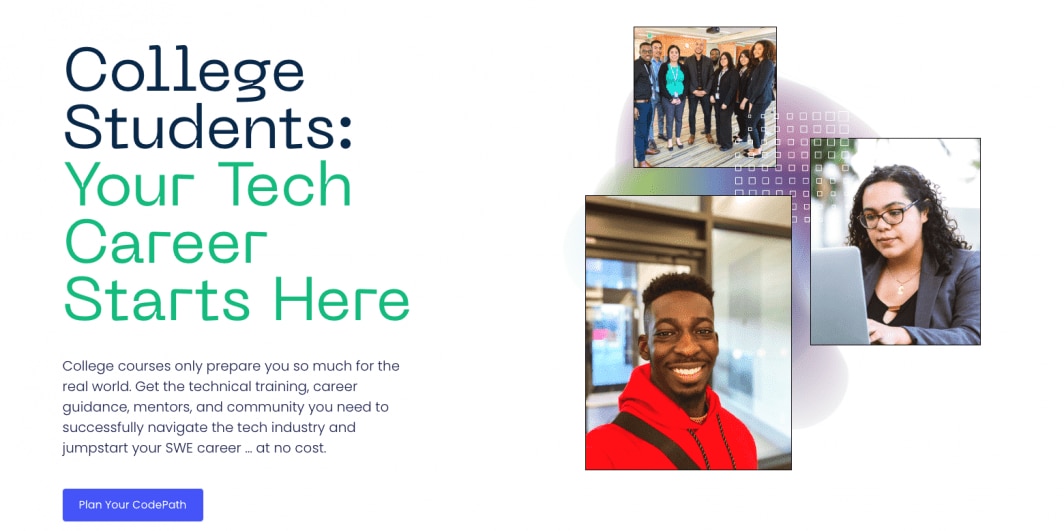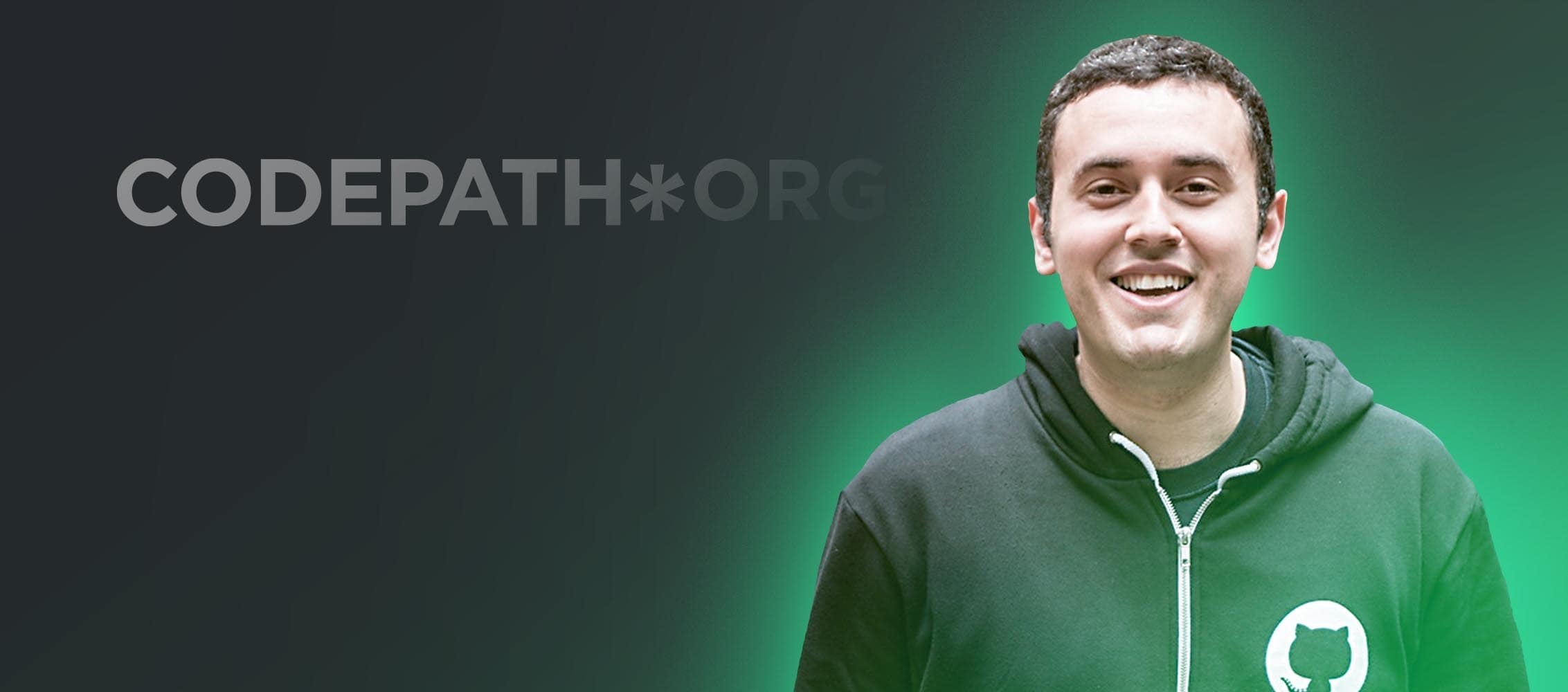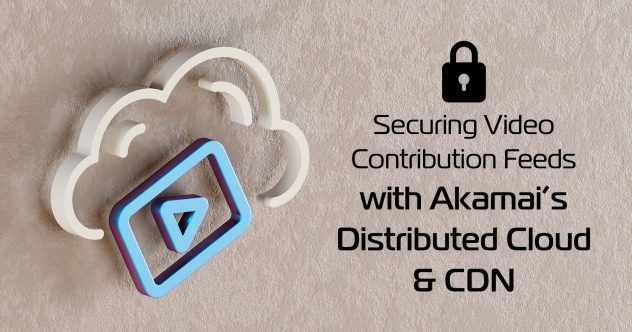Computer science changed the life of Nathan Esquenazi. Now, inspired by his own experiences, Nathan is creating paths for low-income and underrepresented students to build meaningful careers in tech and as a result, a better future for themselves and their families.
Along with his co-founders Michael Ellison and Tim Lee, Nathan started CodePath, a 501(c)(3) nonprofit that brings Silicon Valley-backed technology courses to educational institutions across the US—for free. Nathan grew up in a low-income community as the son of a Cuban immigrant. When a mentor led him to a field he would have never had access to otherwise, technology quickly became his passion.
Like so many kids in low-income communities, Nathan didn’t have much access to technology in his home growing up. However, he had a teacher who was curious about the power of computer science to lift kids out of poverty, so he created a space for students to learn. That exposure opened up a whole new world for Nathan. At 15, he built a free software program – a marketplace to upload tools like flashcards and educational experiences to an iPod, and he turned it into a business.
“My confidence was building, and for the first time, I had a feeling of belonging when I was behind the computer,” he recalled. One day, while working a summer job in retail—a job he took to save money for college—he got a call from a man interested in buying his marketplace business and bringing Nathan onboard to take his software to the next level. So, at 17, he sold his business and transitioned to being an engineer for the acquired company. His was one of the first third-party apps available in the retail Apple Stores.
Nathan went on to graduate college with a degree in Computer Science, and he took a software engineering job at a tech startup in San Francisco, where he met one of his co-founders, Tim. After the startup they worked at was acquired, the two friends started the first iteration of CodePath.
CodePath started as a training program for senior professional engineers, engineering leaders, and directors at companies such as Uber, Airbnb, Google, YouTube, and Facebook. In the process, they not only gained knowledge of the specific skills needed to succeed in the tech industry’s most competitive roles, but also built robust relationships with these organizations, quickly making CodePath one of the top technical training providers in Silicon Valley. In 2017, Nathan and his team transitioned CodePath to a nonprofit organization to give underrepresented students opportunities to change their lives.

“We wanted to see the diversity of America in the upper echelon of tech leadership and entrepreneurship, at the top tech companies, and in the best software engineering roles,” explained Nathan. “In terms of social mobility, there is no more promising field than tech, and it’s not only financial. The empowerment that comes with a career that offers flexibility and a sense of purpose is truly gratifying.”
Centering on the needs and success of Black, Indigenous, Latinx, and low-income computer science students, CodePath now works with over 70 universities, colleges, and community colleges to provide the faculty, curriculum, materials, and content for multiple technology tracks. The CodePath model provides the expertise to enable these students to meet the requirements of the most competitive technical roles.
Best described as a blended teaching and learning modality, students engage with a proprietary learning portal where they can check their grades, submit assignments, track their course content week by week, and manage their tasks. One mode of the program is in-person classes twice a week. The other mode is synchronous Zoom classes with professors or senior students leading classes online. In both modes, cohort-based learning is at the center, with their peers and CodePath supporting students with mentorship, deadlines, and accountability.
The strong partnerships Nathan and his team established with the tech industry have led to an important additional component of the nonprofit’s offerings – diversifying the tech talent pipeline. CodePath helps to run Meta’s summer early engineering internship program and offers pre-internship programs for sophomore and junior students with Salesforce and Workday. Just last year, over 500 CodePath students landed positions at Fortune 100 companies.
Today, Nathan’s, Tim’s, and Michael’s vision is to grow CodePath’s footprint 10x in terms of the companies they work with and the students they serve.
How the Cloud Helps Create Pathways to Tech Excellence
Nathan learned about Linode in his earliest computer science days. He recalls the first recommendation of Linode coming when he was participating in a Ruby on Rails hackathon. The few times Nathan emailed for support from Linode, the company was highly responsive, and he has always found Linode to be very affordable. Even in his startup days, when Nathan was working on a full-scale application with a public API, application servers, proxies, cache, database servers, and web production deployments, he chose Linode for all of it.
“Linode’s support stands out head and shoulders above other cloud platforms I’ve used,” said Nathan. “If there’s ever issues with servers, a remediation, or when I have a question, Linode always gives me a high-quality response quickly.”
As Nathan explains it, Linode never gets complacent. He appreciates and relates to Linode’s drive for innovation. Every time he tries a new feature, it works as promised. “Things like excellent communication, minimal downtime, a simple UI, the support, and the innovation have kept me happy with Linode over the years.”
Today, CodePath runs its cloud infrastructure almost entirely out of Linode’s Dallas, Texas, data center. “We use Linode as our primary host for almost all our suite of applications, databases, and platforms,” said Nathan. CodePath relies on various sizes of Compute instances, including dedicated CPUs and shared VMs, NodeBalancers, Linode Object Storage, and Longview clients.
Empowering underrepresented students with the opportunity to participate in the digital economies of the future is a mission that will only become more important. With Linode’s help, CodePath is taking a leading role, showing how nonprofits and technology companies can partner to deliver a future that benefits everyone.











